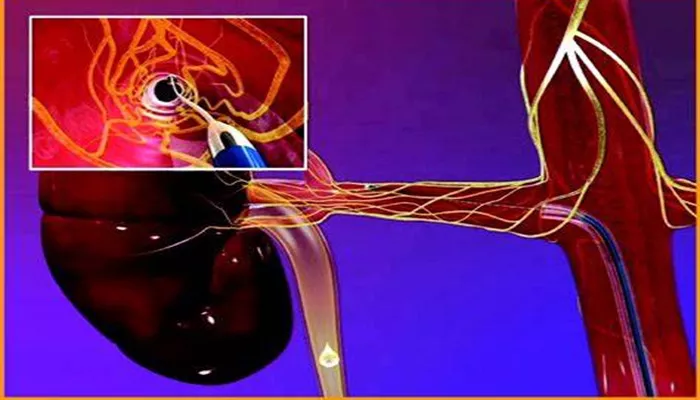The World Health Organization’s (WHO) first global report on hypertension highlights an urgent need to tackle the growing global burden of this condition. The report reveals that only 54% of adults with hypertension are diagnosed, 42% receive treatment, and a concerning 21% manage to control their hypertension. These statistics underscore the critical importance of improving awareness, diagnosis, and management to reduce the global impact of cardiovascular diseases.
Hypertension, commonly known as high blood pressure, is a serious health issue affecting millions, including a growing number of people in India. When left uncontrolled, it can lead to severe complications, such as heart disease, strokes, and organ damage. Lifestyle changes and urbanisation have also led to a rise in hypertension among younger individuals, making early detection and effective management more essential than ever.
Early Detection of Uncontrolled Hypertension in India
Dr. Sarita Rao, Senior Interventional Cardiologist at Apollo Hospitals Indore, emphasizes the importance of proactive blood pressure monitoring for early detection. Uncontrolled hypertension means having a blood pressure above 140/90 mm Hg, which can cause damage over time and lead to cardiovascular diseases and strokes.
Very often, patients don’t feel the need to get their blood pressure checked proactively without symptoms, and hypertension gets out of control, resulting in target organ damage. Only half of the patients who have high blood pressure end up getting treated for it simply because a majority don’t know they even have it. Out of those who get treated, only half have control, resulting in an actual control level of just 20-30%.
High blood pressure does not get recognised easily as it doesn’t come with any major signs or symptoms. Fatigue and headaches have become an accepted part of our present lifestyle and don’t necessarily raise any alarms, though they are signs of high BP. Dr. Rao advises getting your blood pressure checked proactively, irrespective of age, as a simple monitoring-led intervention can save you from prolonged medical treatments later in life.
Minimally Invasive Procedures for Blood Pressure Control
Resistant hypertension is a subset of uncontrolled hypertension, where the patient is on 3 or more BP medications but is still not able to control their hypertension. This is where Renal Denervation (RDN) therapy offers hope, as a groundbreaking intervention in cardiovascular medicine.
RDN is a non-incision pinhole procedure, similar to angiography. By targeting the nerves in the renal arteries responsible for excessive sympathetic activity, interventional cardiologists can effectively lower blood pressure levels in patients who have not responded adequately to conventional medication. Utilizing advanced catheter-based techniques, they navigate the arterial network to access the renal arteries and deliver controlled radiofrequency energy to selectively disrupt the overactive nerves, reinstating balance to the autonomic nervous system and promoting blood pressure reduction.
RDN therapy was approved in India as recently as April 2024. Apollo Hospitals conducted one such procedure 2 years ago, fully approved on compassionate grounds, for a patient for whom this was the only hope. Despite being on 8 medications, this patient was unable to control his blood pressure, but today is thriving as a result of this therapy.
Long-term Blood Pressure Control with RDN Therapy
Renal Denervation (RDN) therapy represents a significant advancement in hypertension management. One of its primary benefits is the potential to reduce the number of antihypertensive medications required by patients. By addressing the neurogenic mechanisms contributing to hypertension, RDN can achieve substantial blood pressure reductions, allowing patients to lower their medication intake or number of medications.
While RDN may not cure hypertension entirely, especially in those with borderline hypertension, it effectively lowers blood pressure in individuals with treatment-resistant hypertension and more severe forms of the condition. The long-term efficacy of RDN therapy and its impact on improved cardiovascular outcomes make it a promising option for sustainable hypertension management.


